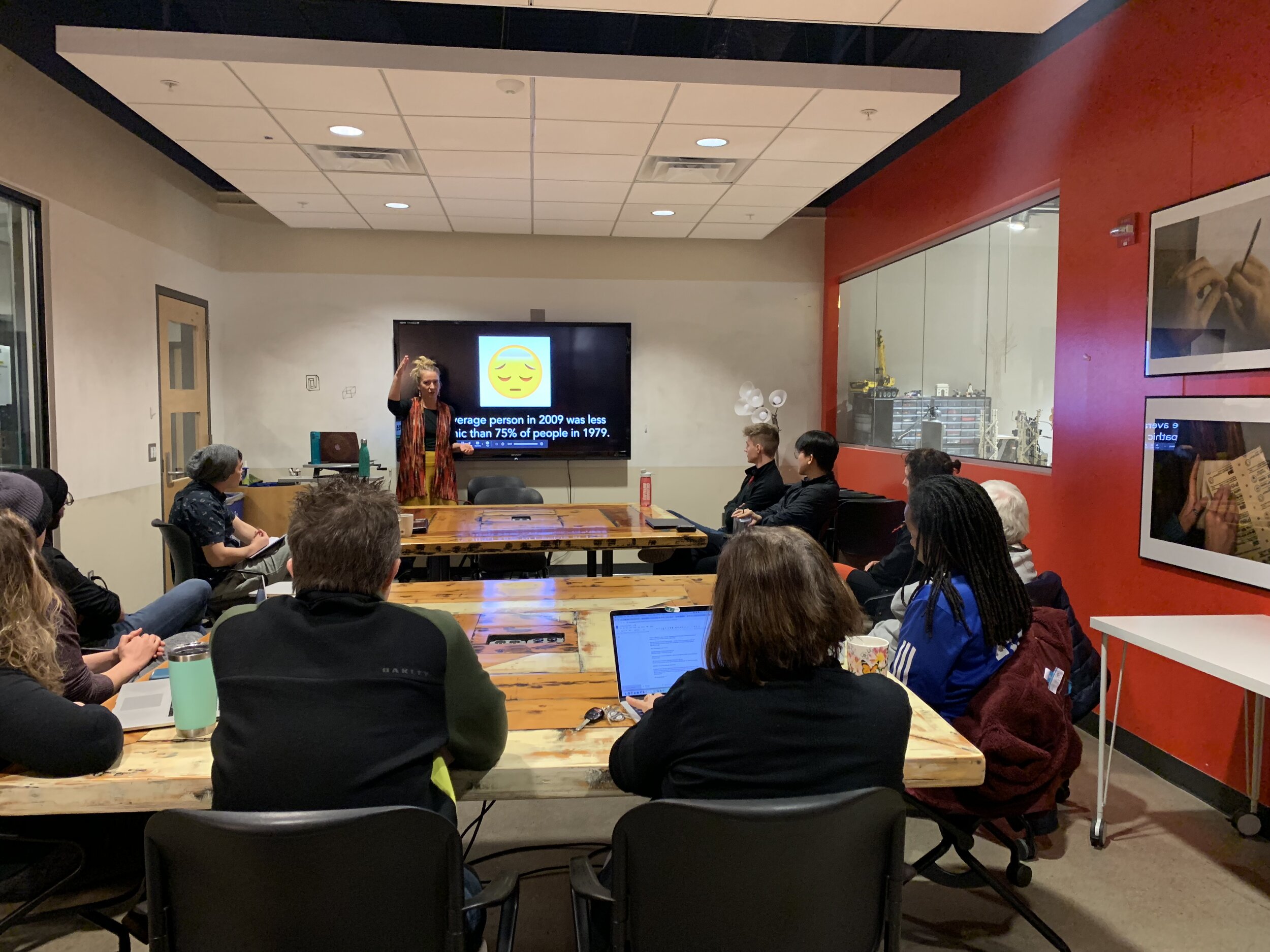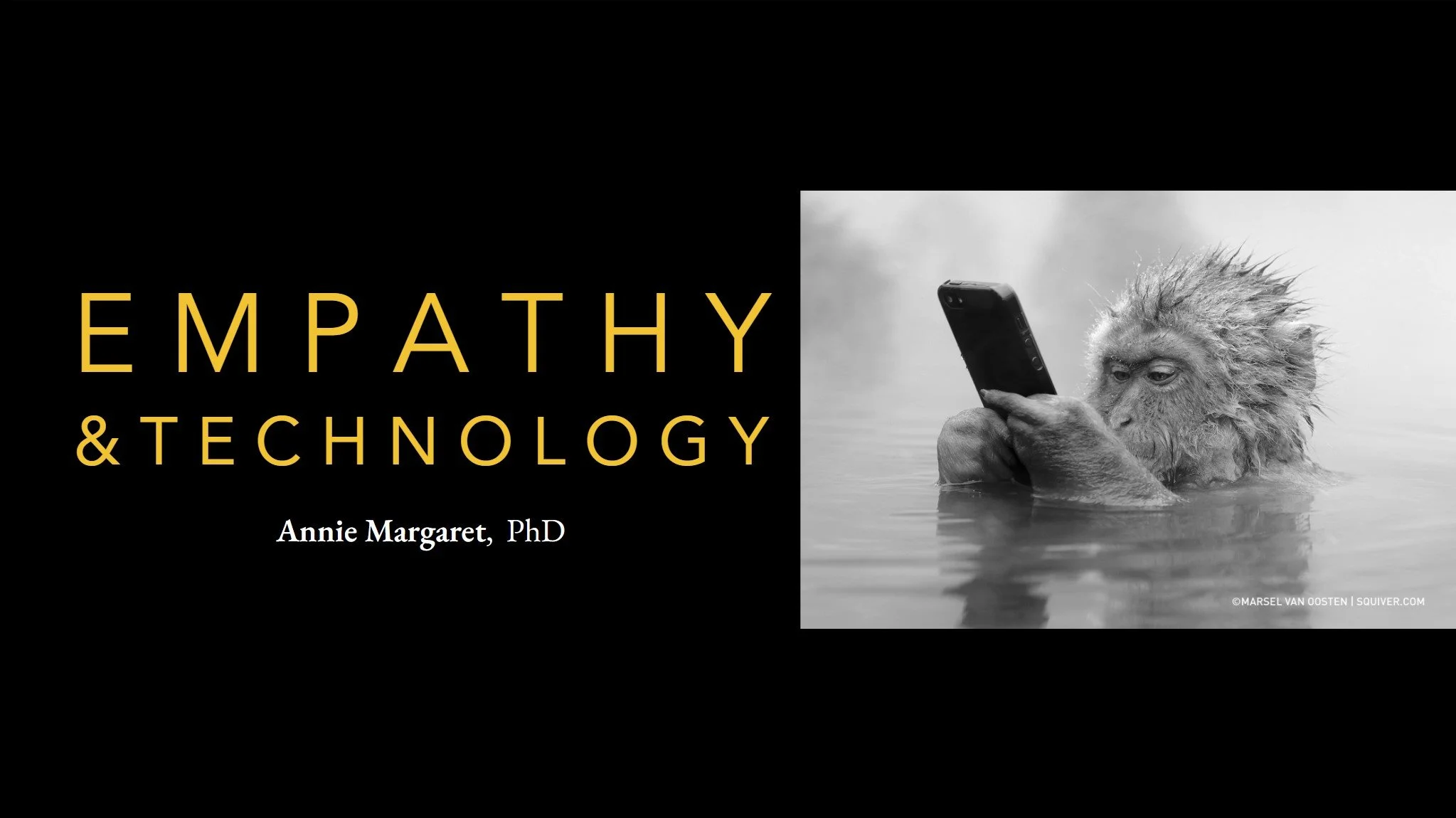
Teaching
Now more than ever, an educator needs to be a “Conductor of Attention,” providing students with the tools they need to focus their attention and mindfully directing students how and where to look for information.
- Annie Margaret
TEACHING PHILOSOPHY
My teaching philosophy is founded on five principles:
directing attention,
freedom & self-directed learning,
transparency,
inclusion,
and reflection & integration.

“I will utilize the information and skills I've gained in this class
for the rest of my life.”
- Neurohacking Student, 2020
Neurohacking
You either hack your own mind and brain or they get hacked for you…
This course gives students the tools required to develop high level metacognition. Topics are examined through the lenses of neuroscience, cognitive science, evolutionary psychology, and philosophy. Students will be guided in developing a set of tools and practices - psychotechnologies - that can be utilized to enhance cognition and achieve various desired mental states. Topics include: Metacognition, Behavior Change, Evolutionary Neurobiology of Stress, Resilience, Embodied and Metaphorical Cognition, Creativity, Flow State, Meditation and Mindfulness Practices, Distributed Cognition and Collective Intelligence.
Empathy & Technology
This course investigates how the creative integration of empathy and compassion with design and technology can benefit society. Reviews foundational neuroscience, cognitive science, and evolutionary psychology of empathy. Students will develop personal practices for fostering empathy and critically investigate: distribution of empathy as a finite resource, polarization, the weaponization of empathy, and develop principles for designing social systems that promote connection, wellbeing, and enhance our individual and collective sense of meaning.
Meaning of Information Technology
This course critically examines the coevolution of society, technology, human cognition and psychology. The “WHY?” of the Creative Technology and Design curriculum at the ATLAS Institute at the University of Colorado, Boulder.

“This was the most valuable thing I have paid for during my time at CU.”
- Neurohacking Student, 2019
“Creating a transparent and inclusive learning environment empowers students as active participants in the process of their education, rather than passive consumers.”
- Annie Margaret

